Unveiling the Power of Legends: A Comprehensive Guide to Adding Legends in ArcGIS Maps
Related Articles: Unveiling the Power of Legends: A Comprehensive Guide to Adding Legends in ArcGIS Maps
Introduction
With enthusiasm, let’s navigate through the intriguing topic related to Unveiling the Power of Legends: A Comprehensive Guide to Adding Legends in ArcGIS Maps. Let’s weave interesting information and offer fresh perspectives to the readers.
Table of Content
Unveiling the Power of Legends: A Comprehensive Guide to Adding Legends in ArcGIS Maps

Maps, in their essence, are visual representations of spatial information. However, their true power lies in their ability to convey complex data in an easily understandable manner. This is where legends come into play. A legend, or map key, serves as the essential translator between the visual elements of a map and the information they represent. It provides a clear and concise explanation of the symbols, colors, patterns, and other visual cues used on the map, enabling viewers to readily interpret the data and draw meaningful insights.
This guide delves into the art and science of adding legends in ArcGIS maps, equipping users with the knowledge to create visually appealing and informative map legends that enhance the clarity and effectiveness of their spatial representations.
The Importance of Legends in ArcGIS Maps
Legends are not mere decorative elements; they are fundamental components of any map designed for effective communication. Their significance lies in their ability to:
- Enhance Clarity and Understanding: Legends act as the bridge between visual elements and their corresponding data, ensuring that viewers can correctly interpret the symbols, colors, and patterns used on the map.
- Improve Accessibility: Legends make maps accessible to a wider audience, including individuals with visual impairments or those unfamiliar with specific map conventions.
- Facilitate Data Analysis: By providing a clear understanding of the data represented, legends empower users to analyze and interpret spatial information effectively.
- Promote Consistency and Accuracy: Legends ensure that all map elements are consistently represented, minimizing ambiguity and promoting accurate data interpretation.
Adding Legends in ArcGIS: A Step-by-Step Guide
ArcGIS, a powerful Geographic Information System (GIS) software, offers a user-friendly interface for creating and customizing map legends. Here’s a comprehensive guide to adding legends in ArcGIS:
1. Accessing the Legend Options:
- Using the ‘Legend’ Toolbar: The ‘Legend’ toolbar provides a quick and easy way to add legends. Simply click on the ‘Legend’ button to create a new legend or modify an existing one.
- Accessing the ‘Legend’ Window: Alternatively, navigate to the ‘View’ tab in the ArcGIS interface, select ‘Legend,’ and choose ‘Show Legend’ to open the ‘Legend’ window.
2. Choosing the Legend Type:
ArcGIS offers various legend types, each catering to different map styles and data representations. Choose the type that best suits your map’s purpose:
- Simple Legend: This type is suitable for maps with a small number of data layers and simple symbols.
- Graduated Legend: This type is ideal for representing data that varies continuously, such as population density or elevation.
- Unique Value Legend: This type is useful for representing data with distinct categories, such as land use or soil types.
- Chart Legend: This type allows for the inclusion of charts and graphs within the legend, providing a more detailed and visually engaging representation of data.
3. Customizing the Legend Appearance:
Once you’ve chosen a legend type, you can customize its appearance to align with your map’s design and enhance its readability:
- **Legend

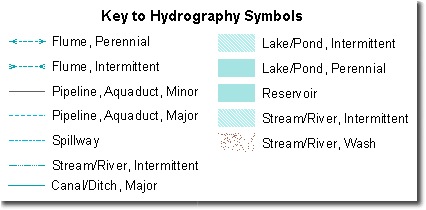


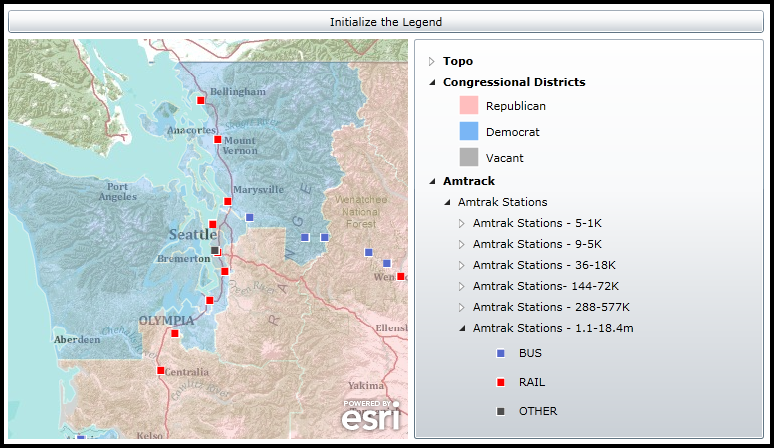
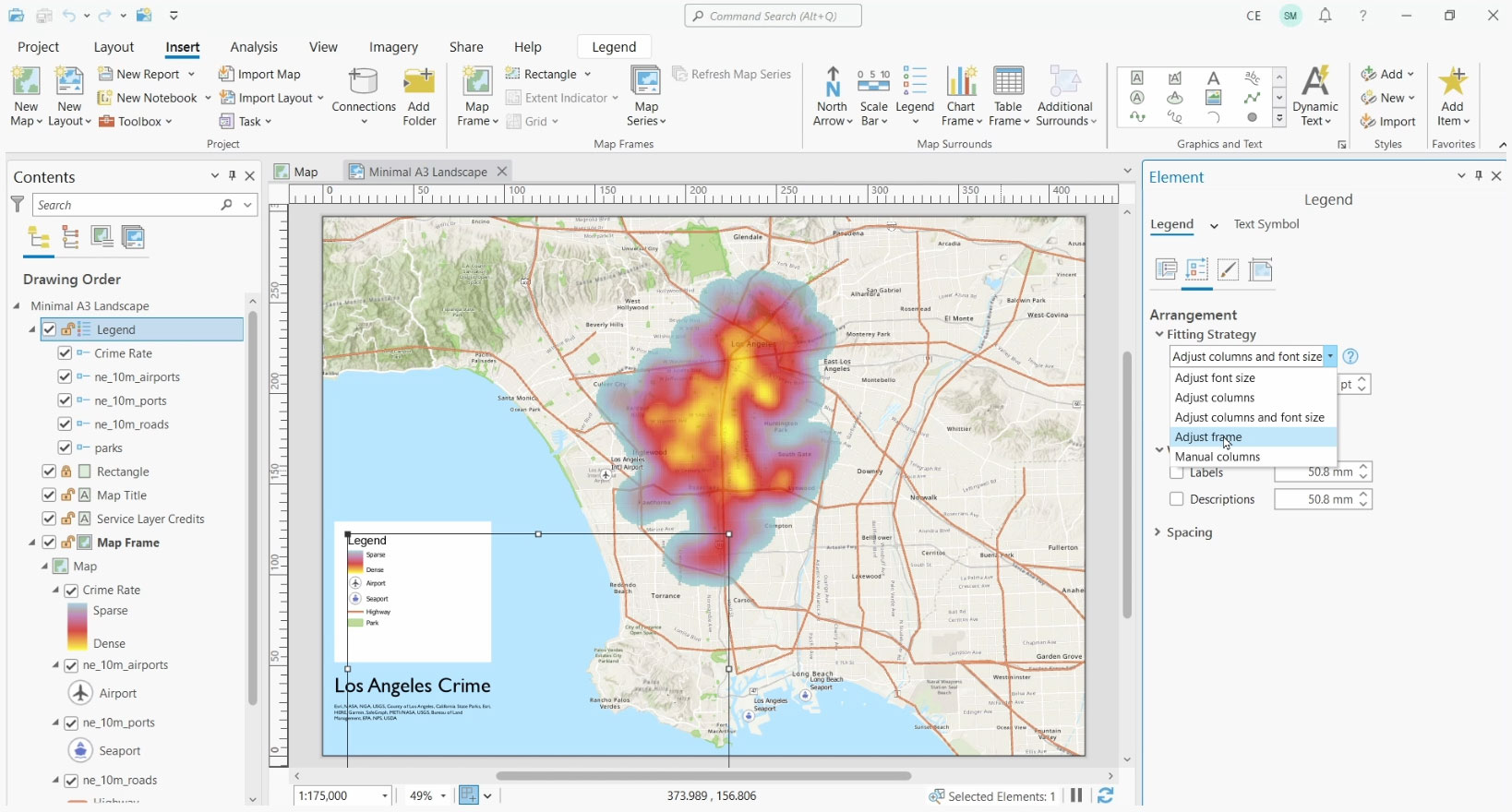
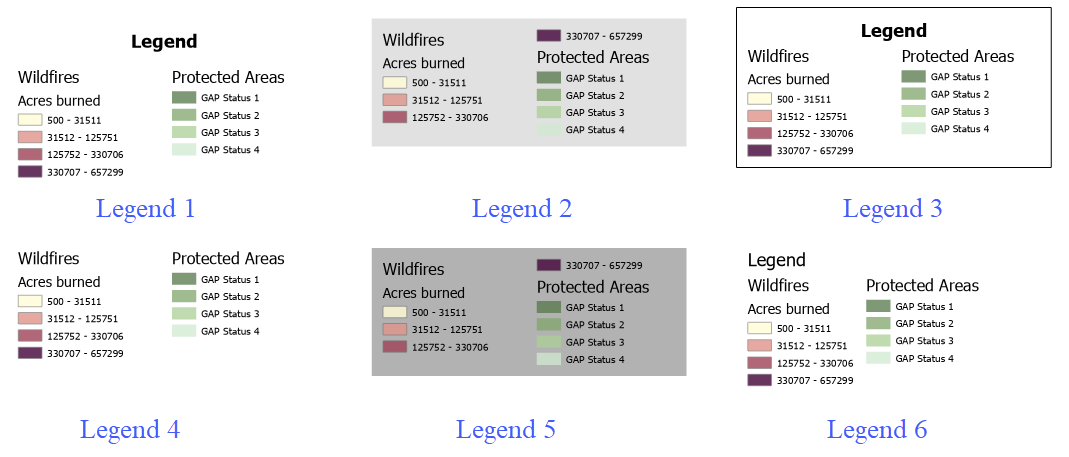
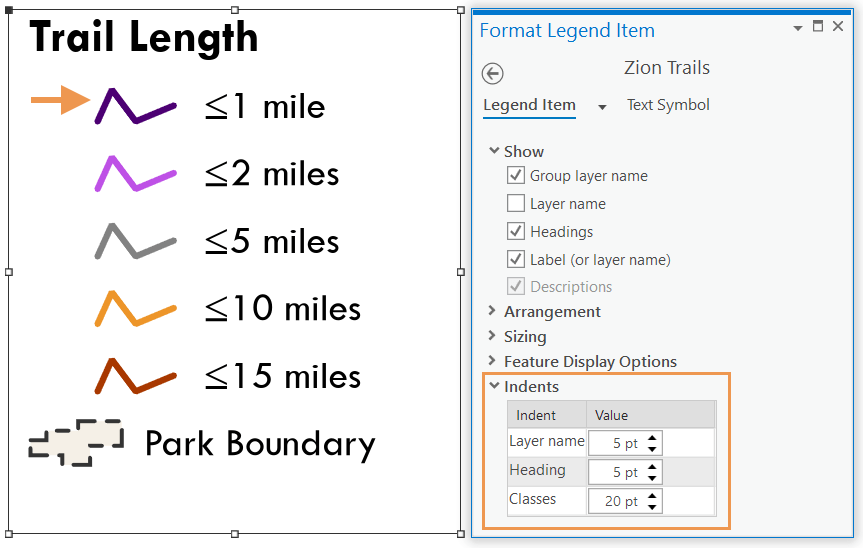
Closure
Thus, we hope this article has provided valuable insights into Unveiling the Power of Legends: A Comprehensive Guide to Adding Legends in ArcGIS Maps. We appreciate your attention to our article. See you in our next article!